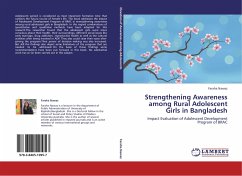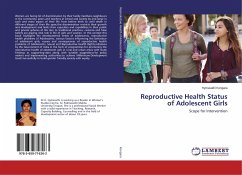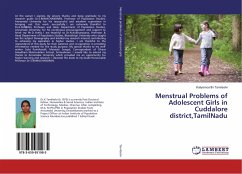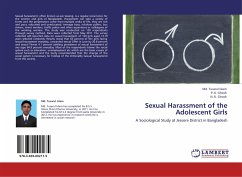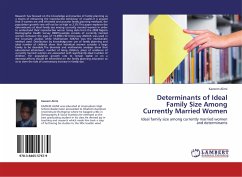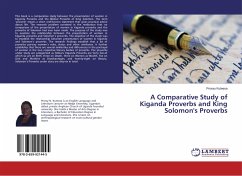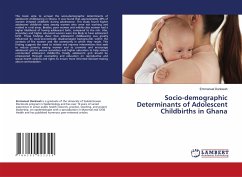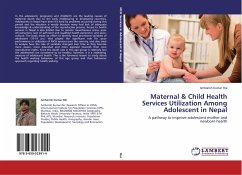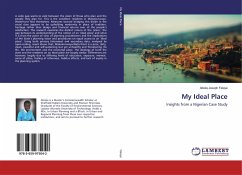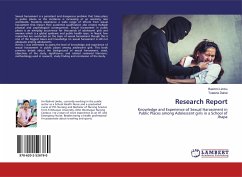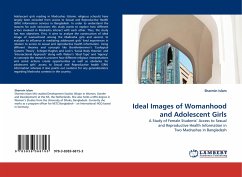
Ideal Images of Womanhood and Adolescent Girls
A Study of Female Students' Access to Sexual and Reproductive Health Information in Two Madrashas in Bangladesh
Versandkostenfrei!
Versandfertig in 6-10 Tagen
32,99 €
inkl. MwSt.

PAYBACK Punkte
16 °P sammeln!
Adolescent girls reading in Madrashas (Islamic religious schools) have largely been excluded from access to Sexual and Reproductive Health (SRH) information services in Bangladesh. In order to understand the reasons for such exclusions this study wants to explore how different actors involved in Madrasha interact with each other. Thus, the study has two objectives. First, it aims to analyze the construction of ideal image of womanhood among the Madrasha girls and second, to evaluate its influence in mediating adolescent girls lived experiences in relation to access to sexual and reproductive h...
Adolescent girls reading in Madrashas (Islamic religious schools) have largely been excluded from access to Sexual and Reproductive Health (SRH) information services in Bangladesh. In order to understand the reasons for such exclusions this study wants to explore how different actors involved in Madrasha interact with each other. Thus, the study has two objectives. First, it aims to analyze the construction of ideal image of womanhood among the Madrasha girls and second, to evaluate its influence in mediating adolescent girls lived experiences in relation to access to sexual and reproductive health information. Using different theories and concepts like Bronfenbrenner s Ecological Systems Theory , Scheper-Hughes and Lock s Social Body theories and Intersectional Approach along with Weber s Ideal Type and Agency as concepts the research uncovers how different religious interpretations and social actions create opportunities as well as obstacles for adolescent girls access to Sexual and Reproductive health (SRH) information whereas it also points out cautions for any generalizations regarding Madrasha contexts in the country.



